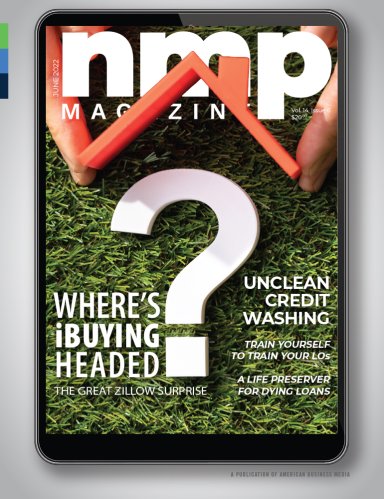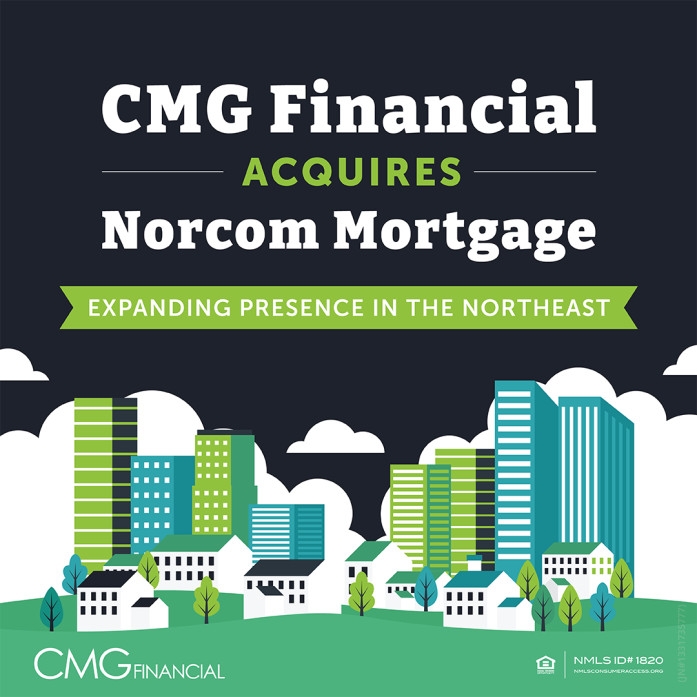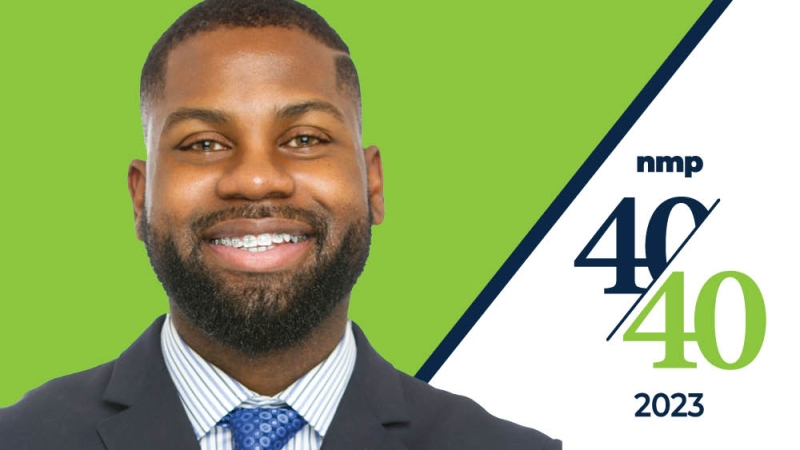It’s not very often that condominium and coop properties make mortgage industry headlines — but there is a very good reason why they are.
In January 2022, Fannie Mae rolled out new temporary guidelines for lending in condo and co-op properties in response to the tragic collapse of the Champlain Towers condominium in Surfside, Florida, that took 98 lives. So far, the new guidelines have had a massive impact on borrowers, lenders, condo and co-op boards.
The focus of these new guidelines is squarely on ensuring that Fannie Mae and Freddie Mac do not lend on properties that are unsafe — and equally important, to ensure that associations have enough capital to repair problems that may exist. While these new guidelines create more transparency into the condition and financial health of condo and co-op properties, they have wreaked havoc on lenders trying to comply with these new directives for lending.
So far, lenders are having a terrible time obtaining up-to-date and accurate information from public data, property managers and board members when vetting properties. For example, before lenders can sell a condo or co-op loan to Fannie Mae, they are required to use Fannie Mae’s new condo questionnaire and addendum, which requires lenders to document a property’s structural and mechanical components, deferred maintenance, and special assessments.
Meanwhile, boards and managers are pushing back hard. Under advice from legal counsel, many are refusing to answer many of the questions about the buildings they represent. When that happens, lenders are forced to either reject the loan or investigate the property on their own. The latter choice takes a lot of time and effort, and there’s no guarantee they’ll be able to close the loan.












